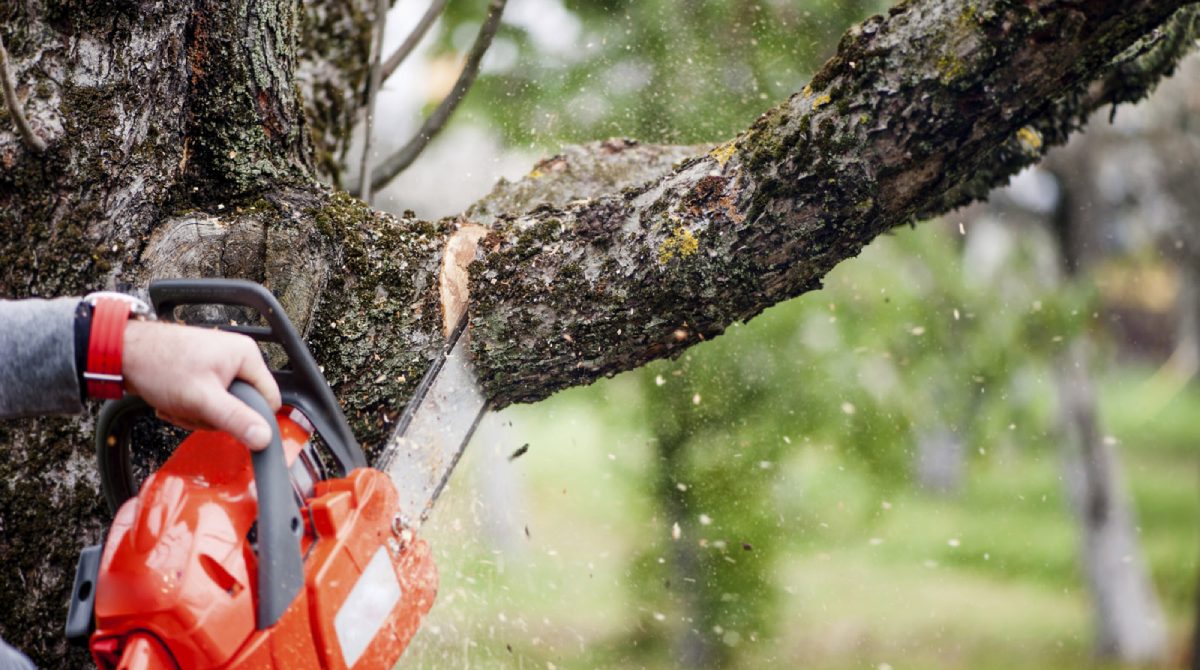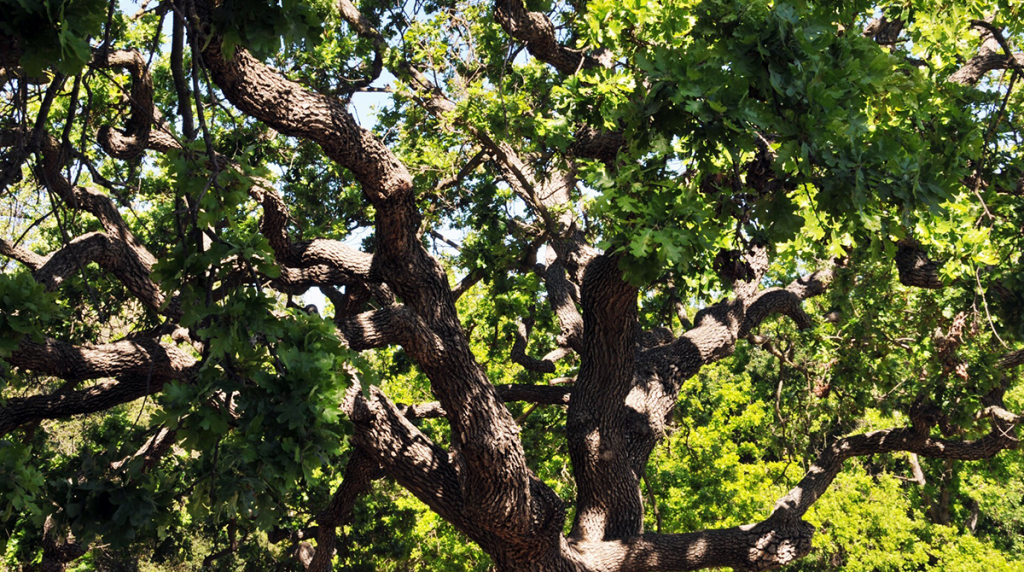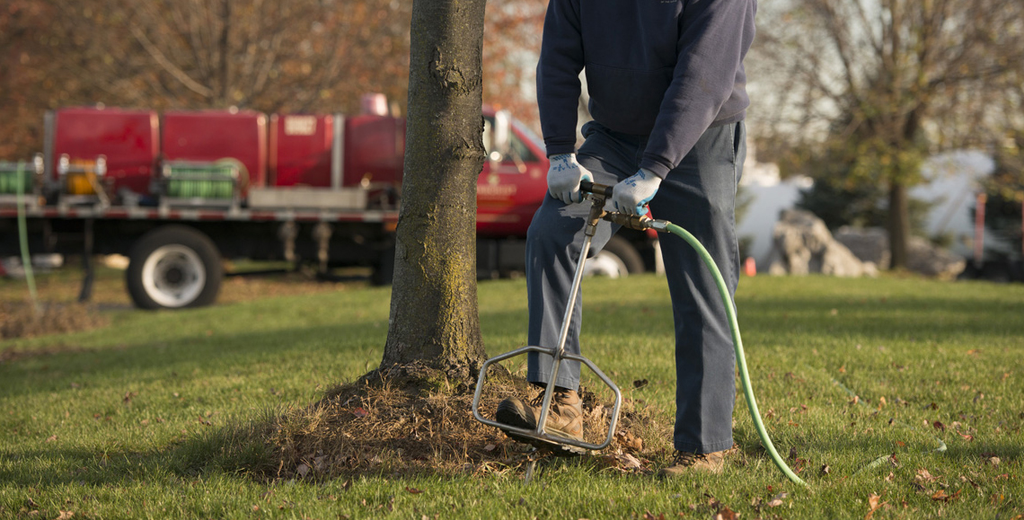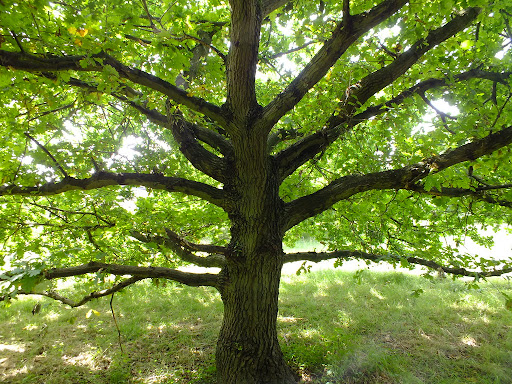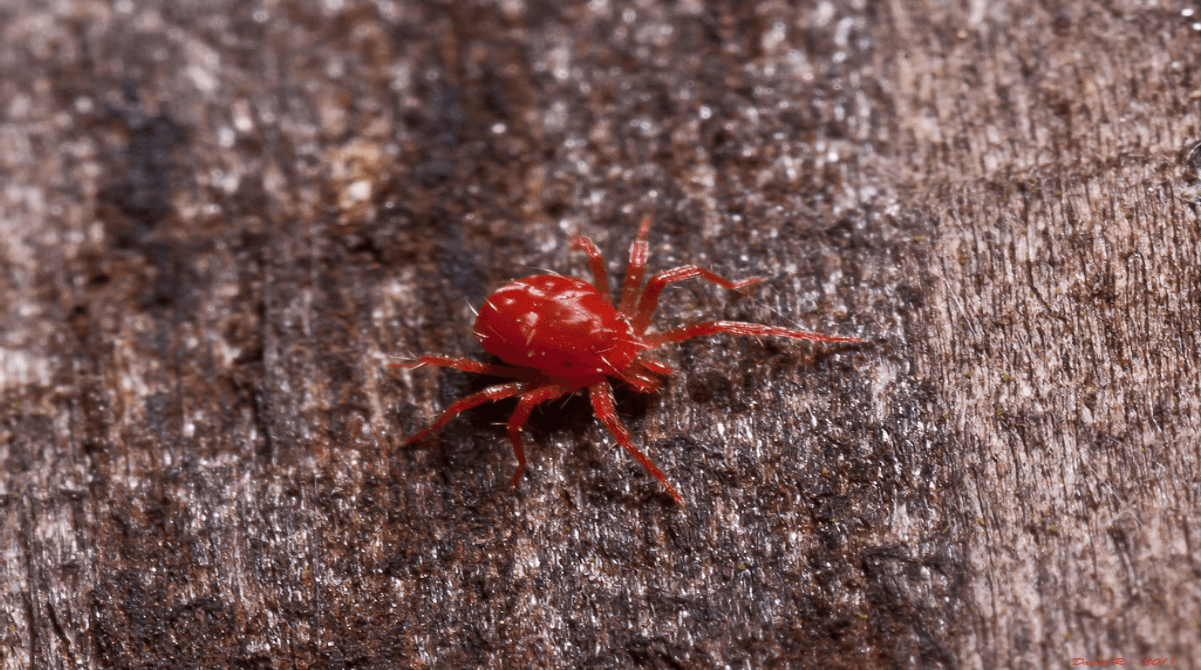
Spider Mite Treatment in Fort Worth, Texas
Date June 29, 2021
Category
One of the many responsibilities of being a property or homeowner is looking out for the health of your landscape. If you’ve noticed a white stippling pattern on your trees or shrubs this spring, then that’s a sign your yard might have a spider mite problem. Spider mites are one of the most common pests that threaten the health of our trees and shrubs. Below is everything you need to know about these pests and what you can do about them.
What are spider mites?
Unlike many other bugs in Texas that attack trees and plants, spider mites aren’t insects. Instead, they are arachnids, closely related to spiders. In addition, they are so small that they look like dots scurrying around on the surface of a leaf to the naked eye. Although there are many types of spider mites in Texas, the most common are two-spotted spider mites, which range in color from dark red to green and have two dark spots on their backs (although you can only see these dots with magnification), and southern red spider mites, which have red, bulbous-shaped bodies.
How do I know if my trees, shrubs, or plants are infested?
Because spider mites are tiny, you probably won’t notice them until your trees, shrubs, or plants start showing signs of damage. Damage will occur in the form of a stippling pattern of yellow dots that eventually turn a bronze color on the leaves of trees, shrubs, or plants. Spider mites have needle-like mouthparts, which they use to pierce the surface cells and suck out their contents. In a moderately infested plant, the damage will focus on a leaf’s midrib or significant veins. In a heavily infested plant, the entire leaf can become discolored and drop off. You might also notice the fine webbing spider mites produce to protect themselves and their eggs.
In what season will I notice damage? What’s the spider mite life cycle?
Spider mite activity isn’t necessarily exclusive to any particular season, although they prefer cooler weather and are most active in spring and fall. They can feed and reproduce throughout the year, as long as there are leaves available for them to eat. Adult spider mites may overwinter in a tree’s bark or in-ground litter or breed during mild winters or indoor plants. Some species, including the southern red spider mites, go dormant in the summer or anytime the weather is not to their liking. To reproduce, they lay clear-to-yellowish eggs, which they suspend within a web of fine silk on the underside of a plant’s leaves. Six-legged nymphs hatch from the eggs and, after a couple of molts, develop into eight-legged larvae as soon as they leave the last nymphal stage, the fully-developed adult male and female mites mate. This cycle happens quickly, in as few as five days or as many as 20, which means that several generations of spider mites can occur in a single year.
Can spider mites cause severe damage?
Spider mites can kill small trees and shrubs and cause damage to mature trees. Even if a spider mite infestation doesn’t kill your trees, it still causes them severe stress. This stress weakens their overall health and can make them vulnerable to secondary attacks by other more deadly pests, diseases, or adverse weather conditions. If you think your trees, shrubs, or plants have a spider mite infestation, you should call a certified arborist to assess your landscape and determine a comprehensive and customized health care plan to nurse your trees back to total health.
What can I do about spider mites?
If you’re searching for the proper treatment for spider mites, you’ll be happy to know that there are several solutions available. Early detection of spider mite infestation is critical, so one of the best things you can do is monitor your trees, shrubs, outdoor and indoor plants for spider mites. Do this by examining the underside of your plant’s leaves for webbing and small yellow dots. If possible, use a magnifying glass. If you find something, you can start by moving any small plants with spider mites away from other plants in your house or yard. If you’re unable to move the plant and the infestation is only minor, try spraying the host plant weekly with a high-pressure water spray from beneath the foliage. You might try using insecticidal soap. You could also consider letting natural enemies, such as ladybugs, predatory mites, and lacewing larvae, do their job. Sometimes chemical sprays kill beneficial insects, leaving spider mites free to thrive. In environments where the natural enemies of spider mites are encouraged, in many cases, they will keep spider mite infestations under control. If an infestation is getting out of hand, you should contact a certified arborist. There are pesticides available, but not all pesticides work to kill spider mites, and it’s essential always to use these products safely and sparingly. A certified arborist will know what, when, and how to use a product to give you the most efficient and effective results.
TreeNewal is the best choice for professional pest control.
If you think your trees or shrubs are infested with spider mites, you should reach a certified arborist tree service for pest control assistance. At TreeNewal, we have multiple ISA Certified Arborists on staff, as well as a team of highly skilled tree care experts who can help with your spider mite treatment in Fort Worth, TX. In addition, we employ tree surgeons Texas homeowners trust, who care about tree health care in all stages of the tree’s life cycle. Aside from pest and disease control, TreeNewal also offers expert tree care services, such as tree trimming, tree pruning, and root aeration. In addition, our team is trained and equipped to dispose of any infested trees safely, branches, stumps, or other debris. For more information, go to our website at treenewal.com. To set up an appointment, call us at tel:(817) 592-6846.
To learn more about Spider Mite Treatment in Fort Worth, Texas, call our Argyle and Southlake-based teams
at tel:(817) 592-6846 or send us a message.
We’re a little different than the average tree services company.
Learn more about TreeNewal’s ISA Certified Arborists!
Our Dallas/Fort Worth-based tree doctors can explain how sustainable tree care services add more value to your bottom line.
Healthy trees, healthy lives.
